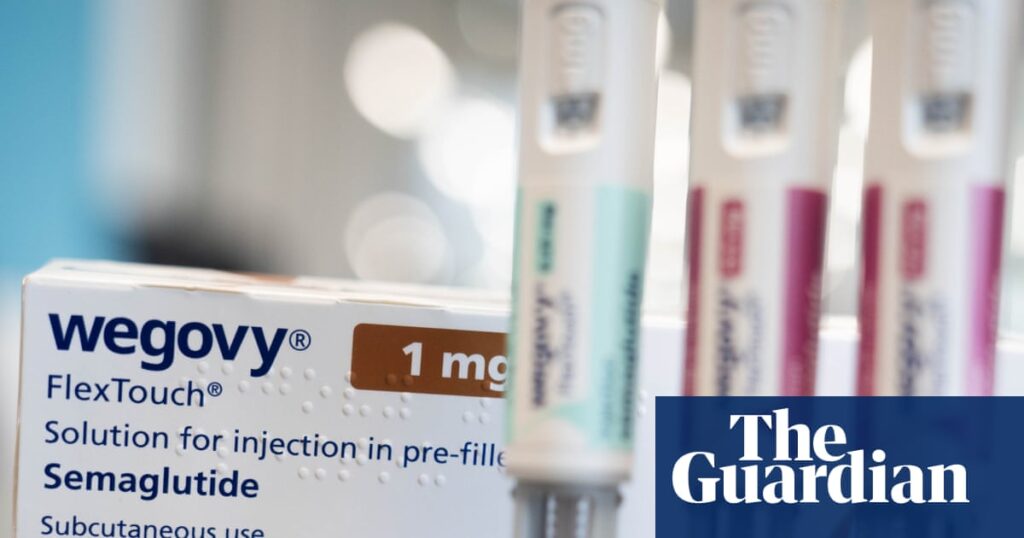The European pharmaceutical industry has condemned the US move to put 15% tariffs on medicines imported from the EU, calling the taxes a “blunt instrument” that would harm patients on both sides of the Atlantic.
They were responding to a White House text of the deal that inferred the 15% baseline rate on imports from the EU would also apply to drugs if the agreement is implemented on the US side on Friday as expected.
“As part of President Trump’s strategy to establish balanced trade, the European Union will pay the United States a tariff rate of 15%, including on autos and auto parts, pharmaceuticals, and semiconductors,” the text said.
The European Federation of Pharmaceutical Industries (EFPIA) said: “Tariffs on medicines are a blunt instrument that will disrupt supply chains, impact on investment in research and development, and ultimately harm patient access to medicines on both sides of the Atlantic.”
The trade organisation represents drug companies across the bloc including Bayer in Germany, Novo Nordisk in Denmark, and US multinationals with operations in Ireland such as Pfizer and Johnson & Johnson.
The US move to impose import duties on pharma is a breach of a 1995 World Trade Organization agreement that medicines and the active ingredients in them are rated at zero tariff.
An EU trade spokesperson said pharma imports from the US to the EU would remain duty free.
Washington’s text also indicated that the EU had confirmed it would not introduce a tech tax. An EU spokesperson said this was not the case and the bloc retained the “sovereign right to legislate” in the digital space.
Trump declared war on US pharmaceutical companies that were manufacturing medicines for US patients, and booking profits on those sales abroad.
after newsletter promotion
In March, he repeatedly took aim at Ireland’s historical low-tax policies, which helped lure US multinationals including Pfizer, Boston Scientific and Eli Lilly to its shores, claiming the country had looted US businesses.
On Monday, Ireland’s prime minister, Micheál Martin, said tariffs in general were not ideal but a trade war would have been “ruinous”.
The EFPIA said it strove to “ensure a fairer distribution of how global pharmaceutical innovation is financed” but there were “more effective ways” to achieve this that would “help rather than hinder global advances in patient care and economic growth”.
The White House text of the deal has added to existing confusion over the position of pharmaceuticals in the trade deal, given that EU officials said on Monday that pharma exports to the US would remain duty free until the US had completed its section 232 investigation into pharmaceuticals and semiconductors.
The text also raises questions over standards of US foods exported to the EU. The EU said the US’s reference to commitments to “address non-tariff barriers affecting trade in food and agricultural products including streamlining requirements for sanitary certificates for US pork and dairy products” did not amount to any lowering of its red-line rules on food standards.
It is known that the European Commission has also made a commitment to the UK to streamline veterinary certification processes applying to British food exports post-Brexit. This could include a reduction in the paperwork needed to export products.


